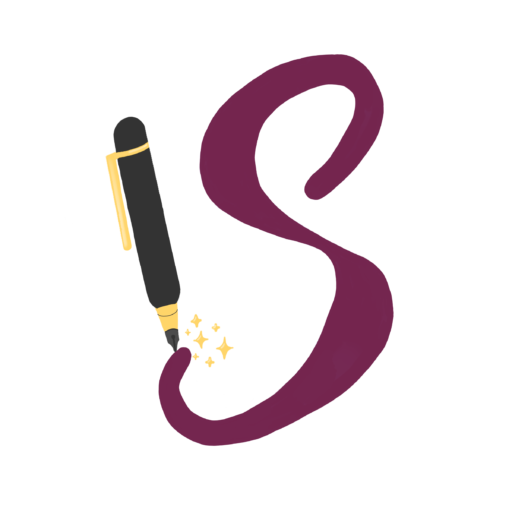This post will introduce you to free-form writing, a technique which is extremely useful and versatile.
As a writer, it can often be easy to be overcritical. We can all get bogged down in overanalysing what we have written or agonising over what we write next. Sometimes, we may not know what to write at all. The aim of this blog post is to introduce you to free-form writing, which can be a valuable aid and a very useful exercise.
Free-form writing is essentially writing without thinking. You set yourself a time limit – 10 to 15 minutes is usually ideal – and during that time you write non-stop. What you produce does not have to make sense. It does not have to be coherent. It does not need structure. It is simply a way to follow whatever path your mind might take you down. What you produce may well surprise you too. The connections your brain might make between ideas, and the inspirations it will draw upon could be very unexpected.
I would always recommend using a pen/pencil and paper when free-form writing. It will stop you from going back and editing, as you might do on a laptop or mobile phone. It will also prevent you from getting distracted.
Here are a number of ways in which you could make use of free-form writing, and the benefits that each of these can bring:
- An obvious way to use free-form writing is as a warm-up exercise before you begin work on a larger project. Doing this can wake your brain up and get it working and thinking. You may well find it is easier to write a short story, longer narrative or play after 10 minutes spent free-form writing.
- Sleeping and dreaming can be strange, nebulous things; well-suited to the formless structure of free-form writing. Try keeping a notebook and pen beside your bed. Write it in before you go to sleep, to empty your thoughts at the end of the day. Write in it after you wake up, or after a particularly vivid dream. This can be very effective not only in providing a source of inspiration, but also in making sure that details of dreams are recorded before they slip from your memory.
- Have you ever been struggling for inspiration for a new writing project? Perhaps you don’t know where to begin or are lacking in ideas. Free-form writing can be a really valuable tool in kickstarting that process. It might be tough to begin with, but after 10 minutes or so you should begin to see different thoughts and ideas developing – ideas that you can use as inspiration for larger, more structured pieces of work.
- Admittedly, it can sometimes be difficult to find a starting point for a piece of free-form writing. However, pictures or paintings can be a useful starting point, so I have included links to a few striking images below to help you.
- Have a look at Dorothea Lange’s powerful Migrant Mother photograph on the Museum of Modern Art Learning website.
- The Beaford Archive contains some stunning images of rural North Devon, England taken by James Ravilious during the 1970s, 80s and 90s. They could all provide striking starting points for a piece of free-form writing.
- There is plenty of mystery surrounding Caspar David Friedrich’s The Wanderer Above the Sea of Fog, viewable here on WikiArt. What could you uncover through using it as the basis of a piece of free-form writing?
Free-form writing is such a valuable and enriching technique, but it is one that people are often not aware of. I would encourage you to try one of the exercises above. You may well be surprised and impressed by what you produce. I look forward to hearing how you get on.
Ned Vessey, Blog Co-ordinator.
Photo by Janson K. from Pexels
Read this post on Spellnotes on Medium.


Hi, I have heard of free form so much but never gave it a thought or try. In fact, now I understand what it is actually. I’m gonna try it soon. Thank you.